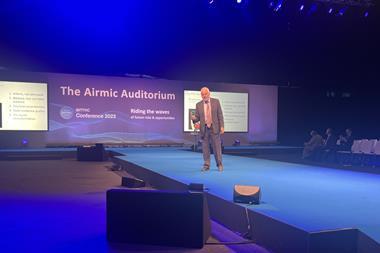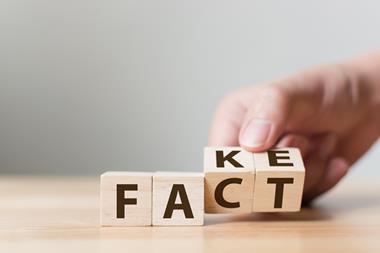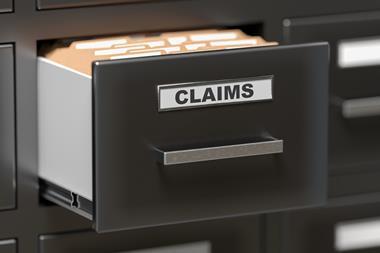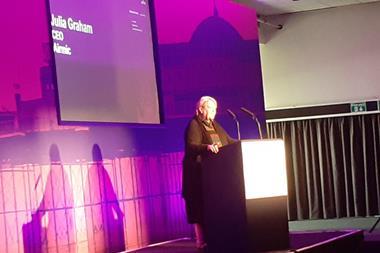In reply to the Department of Health's consultation paper, executive director David Gamble wrote, "AIRMIC's liability group recently discussed the Department of Health's proposals and have asked me to express their deep-felt concern. In implementing the recovery of NHS costs for injuries sustained at work, the Government would in effect be imposing an additional tax on business."
Pointing out that AIRMIC's membership encompasses 80% of FTSE 100 companies, he argued that the Government's own policies were not consistent. "On the one hand, the Department of Work and Pensions and Office of Fair Trading have been sufficiently concerned at the level of employers' liability (EL) premiums to launch separate enquiries. On the other hand, the Department of Health is putting forward plans that can only make this type of insurance significantly more expensive."
EL costs have undoubtedly acted as a drag on employment and contributed to some smaller firms going out of business, wrote Gamble. The proposed NHS recoveries could only exacerbate the situation.
AIRMIC also believes the charges could indirectly encourage the development of a compensation culture, and that they would require additional bureaucratic procedures at a time when everyone agrees that there is already too much red tape.
"There seems little justification for these proposals, which are a further assault on the principle that health services should be free at the point of delivery," stated Gamble.
Acknowledging that the Government may still proceed with the charges, AIRMIC argues that the money raised should be kept apart and used to finance rehabilitation services for people injured at work. "As you will be aware, rehabilitation is under-funded in the NHS, and this concession would at least ensure a genuine contribution to employee health and to absence management."



















